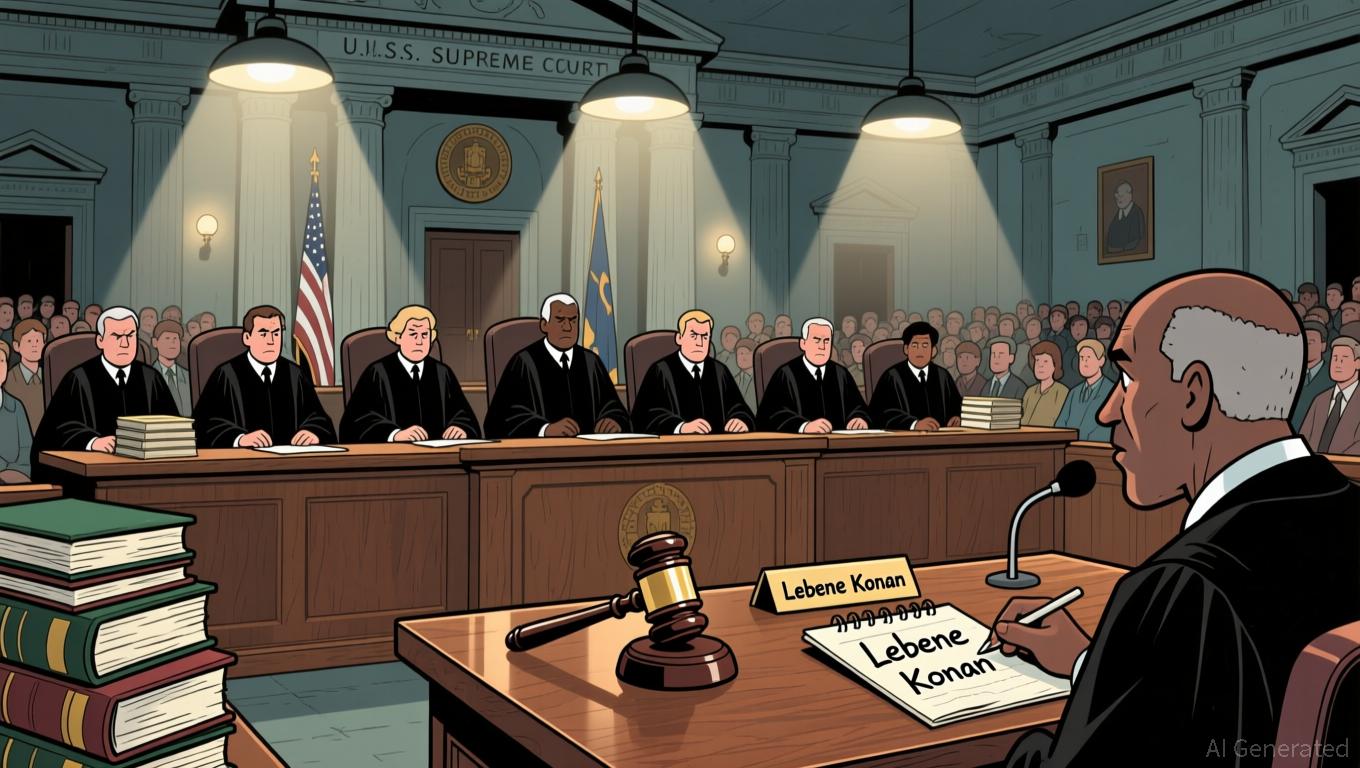The U.S. Supreme Court is preparing to take up a significant legal dispute concerning the U.S. Postal Service's (USPS) protection from lawsuits related to mishandled mail, following a two-year legal battle brought by Texas landlord Lebene Konan. This case, which has attracted widespread attention from legal scholars and lawmakers, focuses on whether the Federal Tort Claims Act (FTCA) postal exemption applies when postal workers are accused of intentionally failing to deliver mail. Konan, who works in real estate and insurance, alleges that two USPS employees in Euless, Texas, purposefully withheld her mail for two years, motivated by racial bias and prejudice against property owners.
The outcome could alter the boundaries of federal agency responsibility
and potentially change how the postal service is held accountable in court.
The heart of the dispute is the interpretation of the FTCA's postal exemption, which protects the USPS from being sued for "loss, miscarriage, or negligent transmission" of mail. Konan's attorneys contend that this protection should not extend to deliberate wrongdoing, such as the alleged intentional labeling of her mail as "undeliverable" or "return to sender."
A federal district court originally threw out her lawsuit under this exemption
, but in 2024, the U.S. Court of Appeals for the Fifth Circuit overturned that ruling,
finding that the case involved purposeful conduct
rather than an ordinary mistake. The appellate court pointed out that the exemption's wording does not specifically rule out claims based on intentional inaction by postal staff.
The USPS has expressed concern that a decision favoring Konan could result in a wave of lawsuits over mail delays, even for minor or questionable complaints. Frederick Liu, who serves as assistant to the Solicitor General, argued during the hearing that the government's stance is not about "fearmongering" but about avoiding unnecessary lawsuits over routine postal matters.
He referenced hypothetical examples
- such as a postal worker withholding mail because of a "rude comment" or the presence of a "large dog at the door" - to demonstrate how the system could be misused. Justice Samuel Alito shared these worries,
raising the question of whether a sweeping decision could result
in much higher postage fees to offset legal risks.
Konan's lawyers, on the other hand, challenge the idea of a flood of lawsuits. Her attorney, Easha Anand, maintained that cases like Konan's are unusual and that the USPS would still be protected from most claims related to mail issues, even if the Supreme Court sides with her client.
She emphasized that this lawsuit arises from exceptional circumstances
: Konan asserts she was the victim of systemic racial bias and suffered financial losses, including missed rental income after tenants left due to undelivered mail. The case also brings attention to broader issues of postal service responsibility, especially as more people depend on mail for essential items like medical supplies and legal paperwork.
The Supreme Court's ruling, anticipated in early 2026, is expected to have significant consequences for both USPS operations and individuals. If the Court rules in Konan's favor, the postal service may need to implement stricter controls over employee behavior; if the case is dismissed, the current legal protections for the agency against intentional misconduct claims will remain in place.
Legal experts such as Kevin Kosar
from the American Enterprise Institute believe the decision could depend on whether the Court chooses to limit the exemption's reach, weighing the importance of accountability against the potential for excessive litigation.
